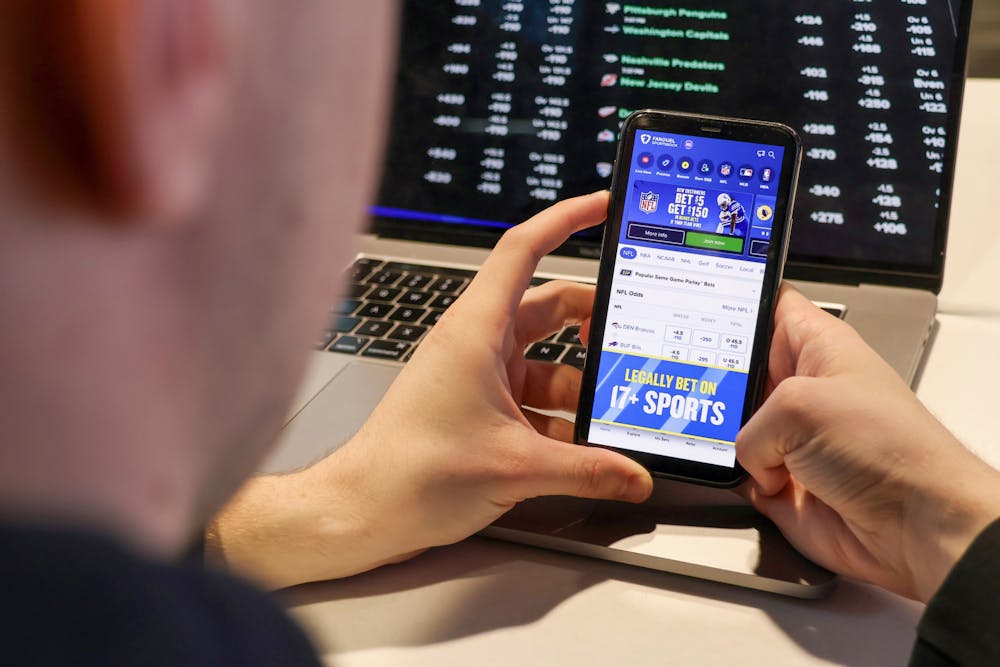
Innovative Betting Apps with Voice Recognition
In recent years, the landscape of online betting has undergone dramatic transformations. One of the most exciting advancements is the integration of Betting Apps with Voice Recognition 1xbet-apk-install.com into betting applications. This development not only improves user experience but also makes sports betting more accessible to a wider audience. Voice recognition technology is set to redefine how users engage with betting apps, and it is crucial to understand its potential impacts on the industry.
The Rise of Voice Recognition Technology
Voice recognition technology has made significant strides, fueled by advances in artificial intelligence and machine learning. Modern smartphones and digital assistants like Siri, Google Assistant, and Amazon Alexa have normalized voice commands in our everyday lives. The betting industry, always eager to adopt new technologies, is now leveraging this innovation to enhance user engagement.
Benefits of Voice Recognition in Betting Apps
The incorporation of voice recognition in betting apps brings multiple benefits, including:
- Enhanced User Experience: Voice commands can simplify navigation through a betting app. Users can quickly place bets, check odds, and even withdraw funds using simple voice queries instead of manually typing.
- Accessibility: For individuals with disabilities or those who struggle with typing, voice recognition offers an invaluable alternative. This technology democratizes access to betting platforms, allowing more users to participate.
- Speed and Convenience: Time is often of the essence in the betting world. Voice recognition allows users to place last-minute bets or check event updates on the go, streamlining the overall process.
- Increased Engagement: By allowing users to interact with the app verbally, developers can create a more immersive and interactive experience, which can lead to increased user loyalty and engagement.
How Voice Recognition Works in Betting Apps
Voice recognition technology involves various components, including speech-to-text conversion, natural language processing (NLP), and user intent recognition. When a user speaks to the app, the system captures the audio input, converts it into text, and then analyzes the text to extract meaning and intent.
For instance, if a user says, “Place a bet on the Manchester United game,” the app recognizes the intent to place a bet, identifies the event mentioned, and processes the transaction accordingly. This level of interaction is made possible by advances in NLP algorithms, which allow for greater understanding of colloquial language and user context.

Leading Betting Apps Incorporating Voice Recognition
Several betting platforms have already started integrating voice recognition features into their applications. Here are some notable examples:
- Bet365: Bet365 has implemented voice search functionality, making it easier for users to find specific games and events quickly.
- William Hill: This leading betting brand has embraced voice commands to streamline betting processes, allowing users to place bets, check odds, and receive updates hands-free.
- 888sport: 888sport offers voice-activated betting options that cater to users who prefer a more conversational interface.
The Future of Voice Recognition in Betting
As the technology continues to evolve, we can expect even greater advancements in the integration of voice recognition in betting apps. Future developments may include:
- Personalized User Experience: Advanced voice recognition could allow for highly personalized interactions, tailoring responses based on individual user preferences and history.
- Multilingual Support: With voice recognition technology becoming more sophisticated, betting apps may start offering support for multiple languages, catering to a global audience.
- Integration with Other Technologies: Voice recognition could seamlessly integrate with augmented reality (AR) and virtual reality (VR), creating fully immersive betting environments.
Challenges and Concerns
Despite the benefits, there are challenges to adopting voice recognition technology in betting apps. Privacy and security are major concerns; users may be apprehensive about sharing personal information through voice commands. Ensuring data protection and user confidentiality will be paramount for developers.
Additionally, voice recognition systems are not infallible. Accents, background noise, and unclear speech can lead to misunderstandings, potentially causing errors in betting transactions. Continuous enhancements and user feedback will be crucial in addressing these issues.
Conclusion
In summary, the integration of voice recognition technology in betting apps marks a significant shift in how users interact with betting platforms. With the potential to enhance accessibility, speed, and user engagement, the benefits are clear. As the technology continues to evolve, the betting industry will likely see more innovative applications of voice recognition, making the betting experience more enjoyable and efficient for all users. Embracing this change will be crucial for betting operators looking to stay competitive in an ever-evolving market.